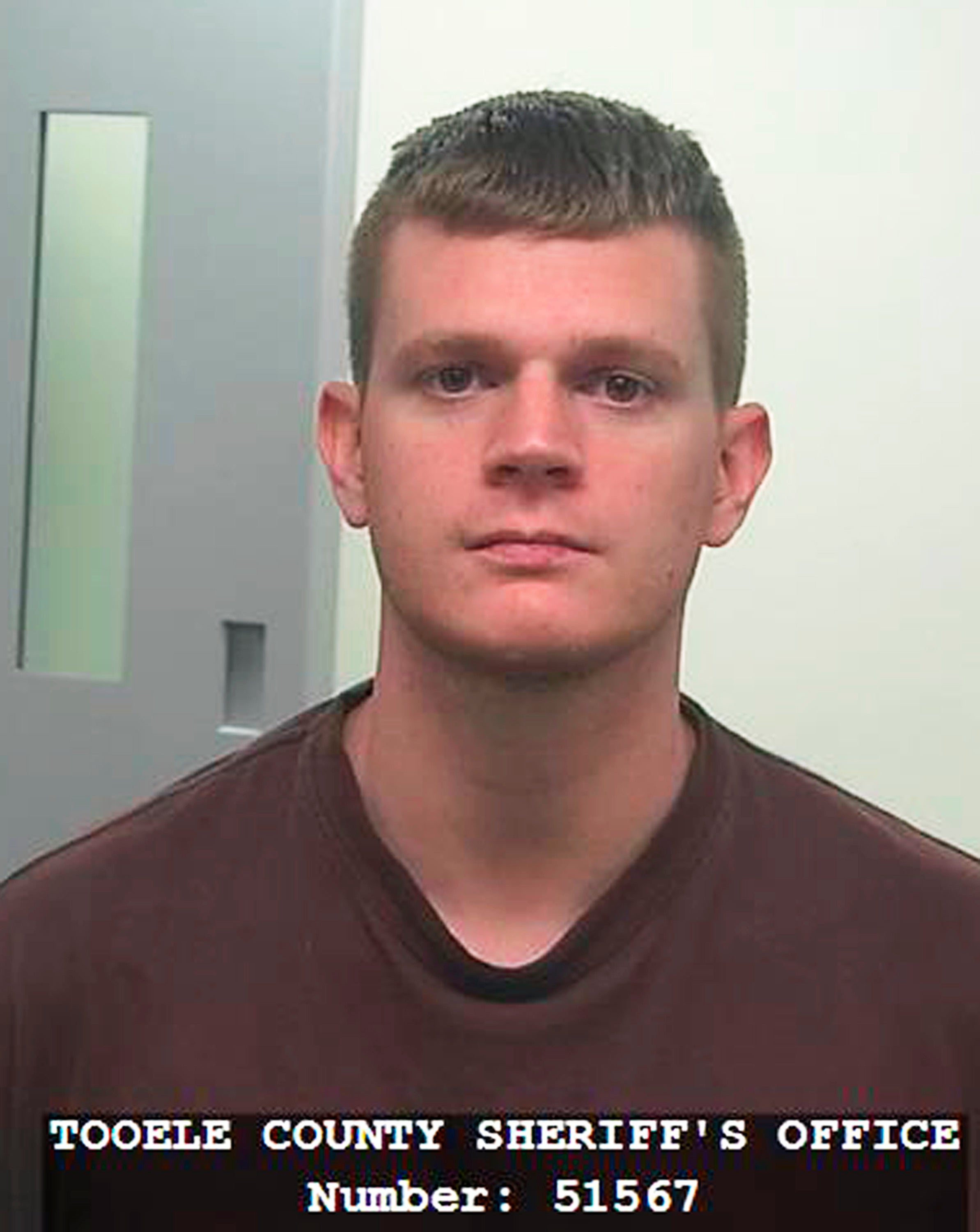Members of multimillion-dollar opioid drug ring sentenced
The final legal chapter of a multimillion-dollar online opioid drug ring has ended as a group of millennials who helped run the dark-web operation based in suburban Salt Lake City have been sentenced to prison

Your support helps us to tell the story
From reproductive rights to climate change to Big Tech, The Independent is on the ground when the story is developing. Whether it's investigating the financials of Elon Musk's pro-Trump PAC or producing our latest documentary, 'The A Word', which shines a light on the American women fighting for reproductive rights, we know how important it is to parse out the facts from the messaging.
At such a critical moment in US history, we need reporters on the ground. Your donation allows us to keep sending journalists to speak to both sides of the story.
The Independent is trusted by Americans across the entire political spectrum. And unlike many other quality news outlets, we choose not to lock Americans out of our reporting and analysis with paywalls. We believe quality journalism should be available to everyone, paid for by those who can afford it.
Your support makes all the difference.The final legal chapter of a multimillion-dollar online opioid drug ring ended Friday as a group of millennials who helped run the dark-web operation based in suburban Salt Lake City were sentenced to prison.
Drew Crandall helped start the operation that eventually grew to shipping tens of thousands of fake pills laced with the deadly opioid fentanyl to people nationwide in 2016. He cried as he grappled with his role in the operation that prosecutors have linked to multiple overdose deaths.
“I just want to say that I’m so sorry for everything I have done,” said Crandall, now 35. “So many people were affected by it. I need to pay my debt to society, and I need to take responsibility for my actions."
He pleaded guilty to drug distribution and money laundering charges and was sentenced to 4 1/2 years in federal prison.
The punishment for him and other defendants was far too light for Tova Keblish of New York whose son died after buying from the dark-web storefront called Pharma-Master. Her son Gavin was 23 and bought counterfeit oxycodone after having surgery.
“It makes me sick. It’s unfair,” she said. The defendants are “young enough they can get out and have a life.”
Crandall has testified that the operation started small, when he needed cash for student loans, so he let his roommate Aaron Shamo sell his prescription Adderall Crandall said he scaled back his role before Shamo began selling fentanyl.
Authorities say the 2016 bust at Shamo’s suburban Salt Lake City home ranked among the largest in the country at the time. More than $1 million was found in his dresser, according to court documents.
Crandall agreed to a plea deal and testified against Shamo, who was convicted of 12 counts and sentenced to life in prison.
Also sentenced this week were two women who packaged the drugs and at one point put together shipments so large they vacuumed pills off their floor. They each got three years in prison, while a “runner” hired to pick up dozens of packages a day and drop them in the mail was sentenced to two years. A gym friend of Shamo’s who helped press pills got five years.
Prosecutor Vernon Stejskal said the sentences handed down by U.S. District Judge Dale Kimball sent the message that anyone involved in a drug ring could face “severe consequences.”
Still, the outcome is tough to accept for mothers like Shaela Knighton of Salt Lake City, whose son was a grocery store dairy manager helping raise a 2-year-old when he died after buying Pharma-Master pills.
“He had a good future,” she said. “A family who loved him.”